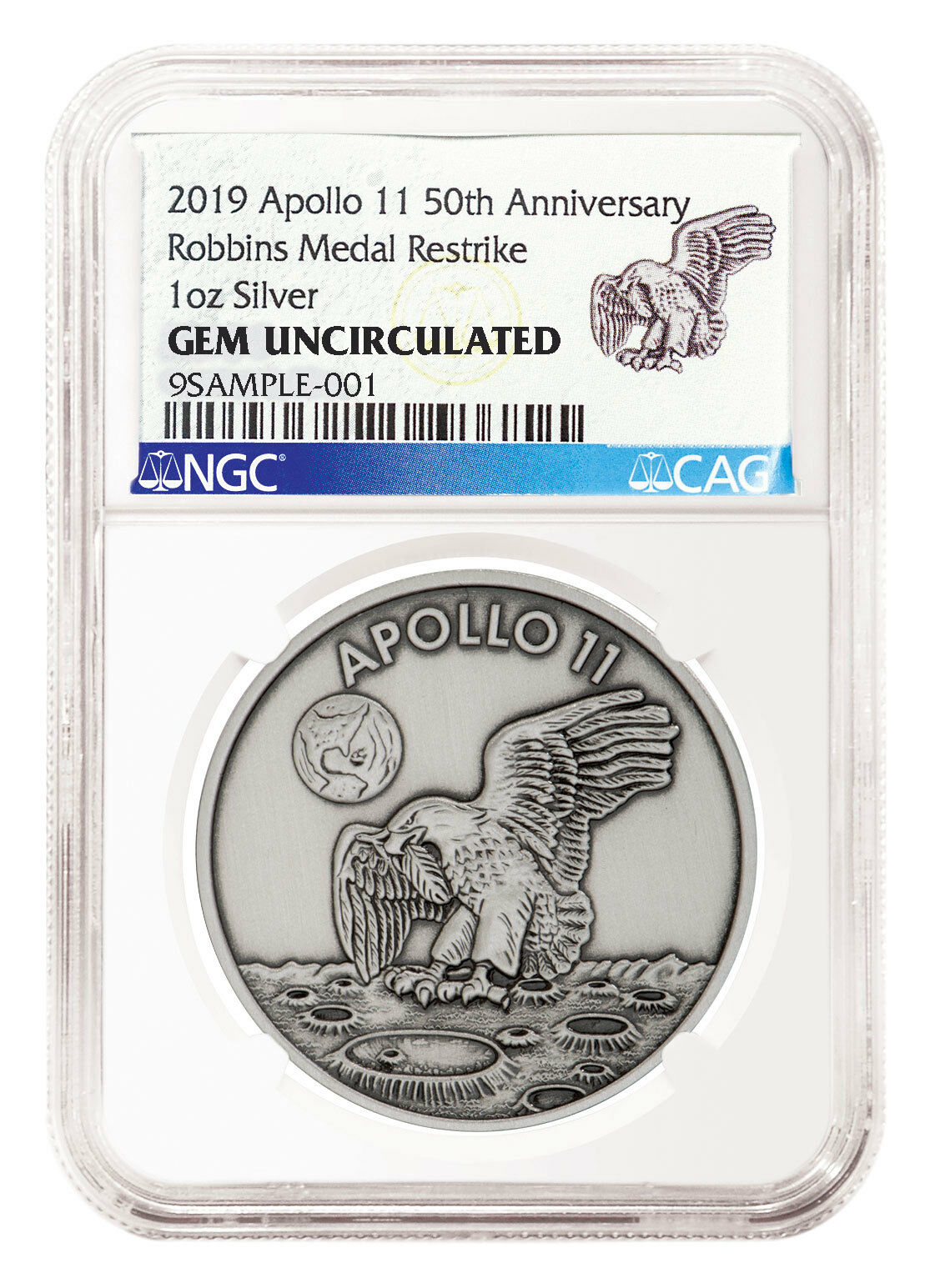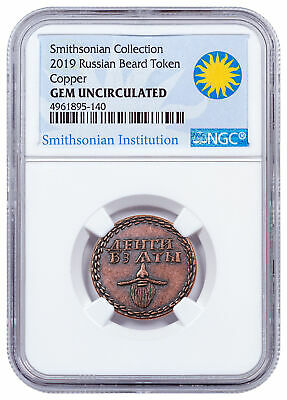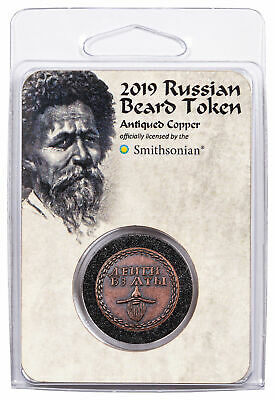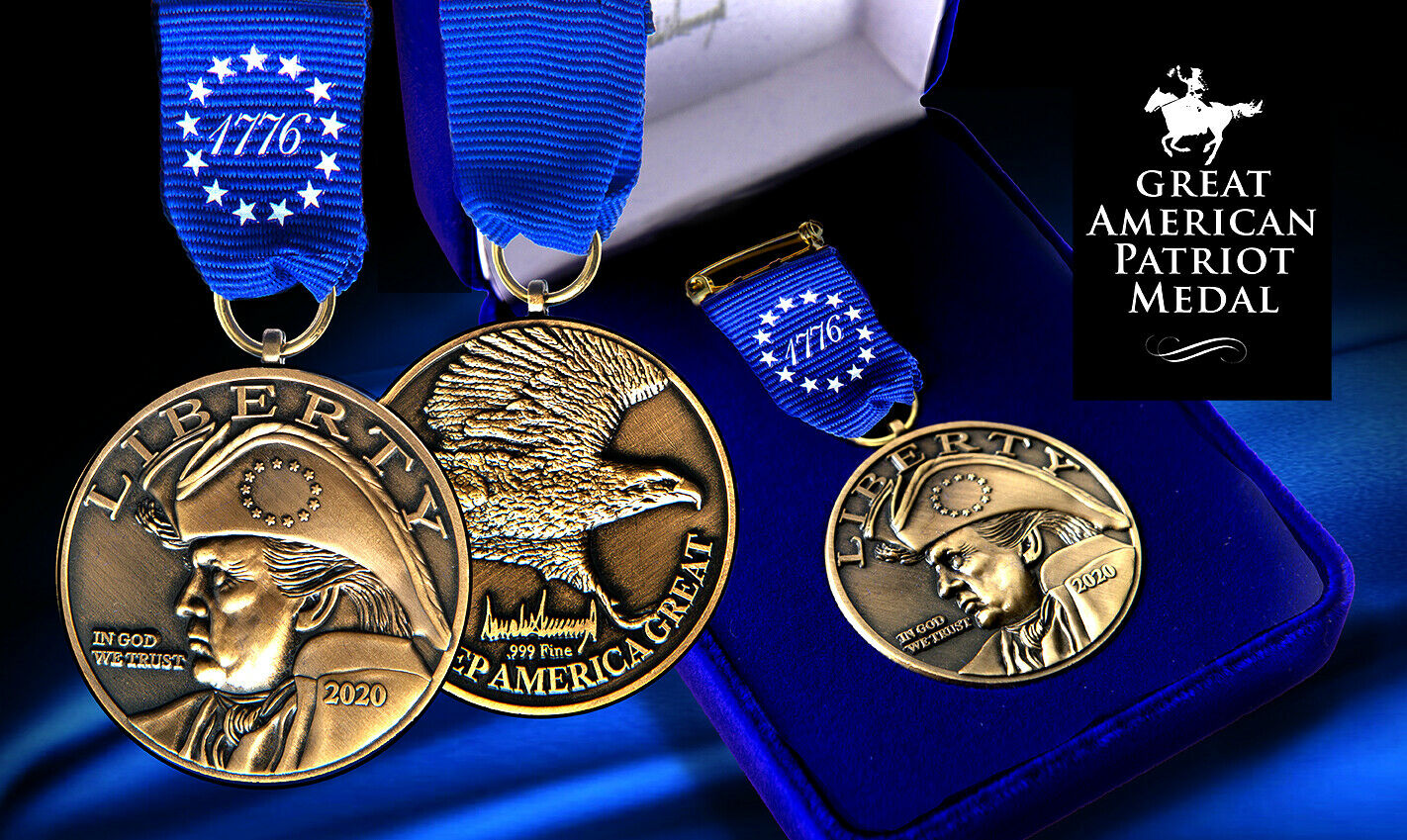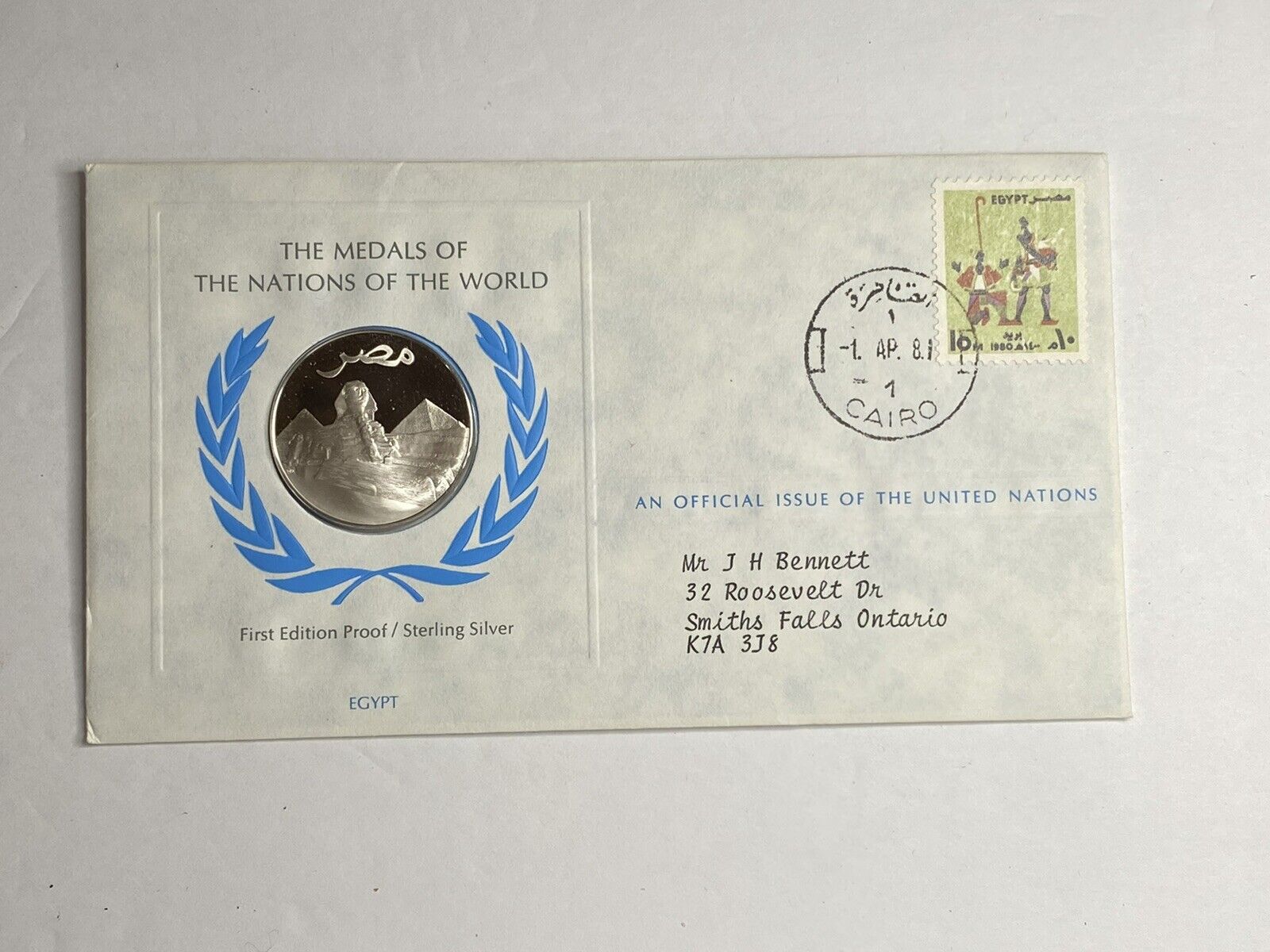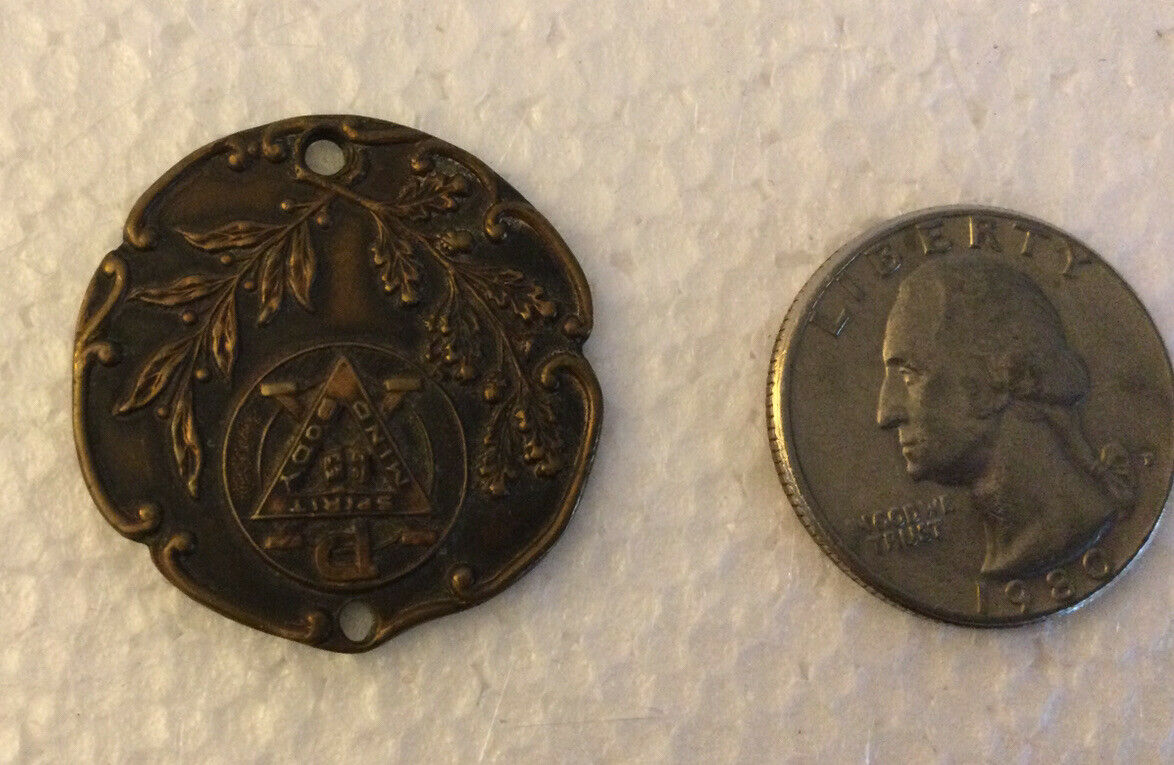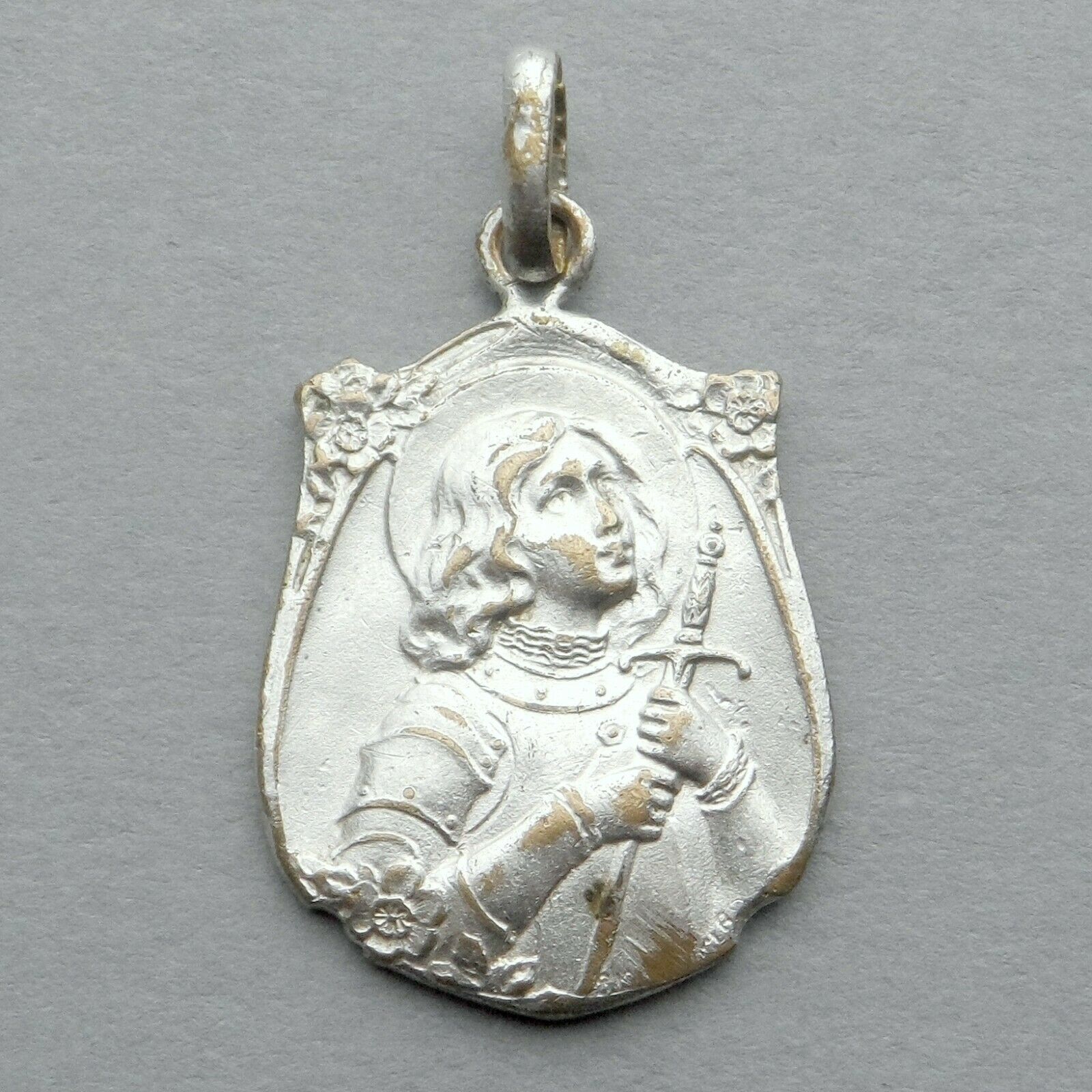-40%
Medal Wolfgang Amadeus Mozart Salzburg Music Composer Arnold Hartig Medal
$ 55.78
- Description
- Size Guide
Description
60-Med39Uniform bronze medal.
Chocolate patina.
A hook on the back.
Small wear of use without gravity.
Engraver
: Arnold HARTIG (1878-1972).
Dimension
: 74 mm.
Weight
: 155 g.
Metal
: Bronze.
Slice punch
: No.
Quick and neat delivery.
The easel
is not for sale.
The stand
is not
for sale
.
Johannes Chrysostomus Wolfgangus Theophilus Mozart1 or Wolfgang Amadeus Mozart2 (German: [ˈvɔlfɡaŋ amaˈdeus ˈmoːtsaʁt]), born in Salzburg (principality of the Holy Roman Empire) on January 27, 17563 and died in Vienna on December 5, 17913, is a composer.
Died at the age of thirty-five, he left an impressive work (626 works are listed in the Köchel catalog), which embraces all the musical genres of his time. According to the testimony of his contemporaries, he was, on the piano as on the violin, a virtuoso.
It is generally recognized that he brought to a point of perfection the concerto, the symphony, and the sonata, which after him became the principal forms of classical music, and that he was one of the greatest masters of classical music. opera. Its success has never wavered. His name has passed into everyday language as a synonym of genius, virtuosity and perfect mastery4.
Born at number 9 of Getreidegasse in Salzburg, which was then the capital of an ecclesiastical principality of the Holy Roman Empire (Circle of Bavaria), Mozart is the son of the musician (violinist), composer and teacher (a method of the violin ), Léopold Mozart, born and originally from Augsburg, a town in Bavaria, who then held the position of vice-master of the chapel at the court of the prince-archbishop of Salzburg, and of Anna Maria Pertl, his wife5.
Wolfgang is the youngest of seven children. Due to the lack of hygiene at the time and poor sanitary conditions, three children died in infancy before the birth of his sister Maria Anna (nicknamed "Nannerl", born in 1751), and two others died between the birth of this elder sister and his6.
He was baptized the day after his birth in a chapel of St. Rupert's Cathedral in Salzburg. His baptismal certificate bears the first names of Joannes Chrysost [omus] 7 Wolfgangus8 Theophilus. Theophilus, meaning “loved by God”, has German equivalents (Gottlieb, a name given to him by his father one month after his birth), Italian and Latin (Amedeo, a name adopted during his trip to Italy in December 1769) 9. Wolfgang will be called generally "Wolfgang Amadè Mozart" but fun throughout his life to disguise and distort his different names in Mozartini, Gangflow (Wolfgang backwards), Trazom, etc10. But we never see him signing Amadeus if we go through the correspondence. This first name will only be used after his death.
From the age of three, Mozart revealed prodigious gifts for music: he had perfect pitch and certainly an eidetic memory. His faculties disconcerted those around him, and encouraged his father to teach him the harpsichord in his fifth year. The young Mozart subsequently learned the violin, organ and composition. He can decipher a score a prima vista and play in time even before knowing how to read, write or count. At the age of six (1762), he already composed his first works (minuets KV. 2, 4 and 5, allegro KV. 3 registered in the Nannerl Notenbuch, “music book for Nannerl”) 12. At fourteen, he would thus have perfectly transcribed Gregorio Allegri's Miserere, a complex religious work, unpublished, but known, which lasts about fifteen minutes, having listened to it only once13. Another version evokes two listenings, Mozart watching the second time, the score of the first14. Mozart received no education other than that of his father.
David Mozart (1621-1685): mason
Franz Mozart (1649-1693?): Mason
Maria Negeler (1622-1697)
Johann Georg Mozart (1679-1736): bookbinder
18
Anna Haerrer (1622-1697)
19
Leopold Mozart (1719-1787): composer, music teacher and violinist
20
Christian Sulzer (1663-1744)
&
From the age of three, Mozart revealed prodigious gifts for music: he had perfect pitch and certainly an eidetic memory. His faculties disconcerted those around him, and encouraged his father to teach him the harpsichord in his fifth year. The young Mozart subsequently learned the violin, organ and composition. He can decipher a score a prima vista and play in time even before knowing how to read, write or count. At the age of six (1762), he already composed his first works (minuets KV. 2, 4 and 5, allegro KV. 3 registered in the Nannerl Notenbuch, “music book for Nannerl”) 12. At fourteen, he would thus have perfectly transcribed Gregorio Allegri's Miserere, a complex religious work, unpublished, but known, which lasts about fifteen minutes, having listened to it only once13. Another vers



